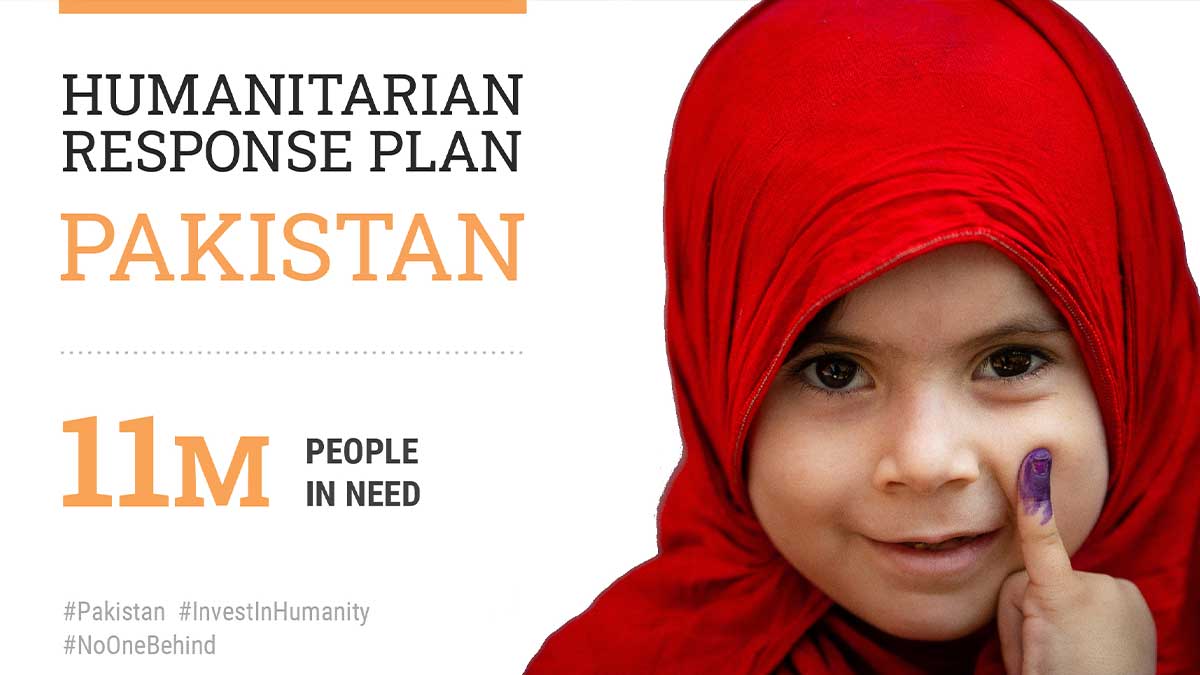Pakistan and UN jointly launched a “2021 Pakistan Humanitarian Response Plan (HRP)” where the main humanitarian needs were highlighted.
On Wednesday, the “2021 Pakistan Humanitarian Response Plan (HRP)” was launched at a joint event hosted by the Ministry of Foreign Affairs and the United Nations in Pakistan. The event shared the efforts and steps taken by the Pakistan government to handle these challenges in collaboration with the UN and other partners.
Read more: Pakistan Strategy Day: WEF holds Country Strategy Dialogue on Pakistan
Geographically, the Humanitarian Response Plan focuses on 81 prioritized districts. The life-saving response activities including food security and livelihood assistance, nutrition programmes, primary health services, including water and sanitation, women’s health, and education support, as well as shelter for displaced people were under the discussion.
Delivering the keynote address, Foreign Minister Makhdoom Shah Mahmood Qureshi said that the “Policies of the Government are guided by two important principles: ‘inclusivity’ and ‘sustainability’. Our efforts must take into consideration the aspects of efficient and effective response to humanitarian situations, followed by inclusive recovery and sustainable rehabilitation.”
The response plan launched for humanitarian needs
He added, “This Response Plan is intended to strengthen Pakistan’s capacity in the prevention, preparedness and response to disasters including through the provision of relief services by building cross-institutional and stakeholder linkages.”
Federal Minister for SAFRON Sahibzada Muhammad Mehboob Sultan, in his remarks, said that “during the challenging COVID-19 pandemic period, we have efficiently provided relief to Afghan Refugees and other Afghans. Replicating the Government’s Ehsaas Program, the Ministry of SAFRON with generous support of UNHCR has provided Rs 12,000 to over 75,000 Afghan refugee families.”
Meanwhile, United Nations High Commissioner for Refugees Mr. Filippo Grandi said: “In the face of grave implications of the pandemic, Pakistan also continues to make sure no one is left behind and includes Afghan refugees in its COVID-19 response including the government vaccination programme.”
UN Resident Coordinator and Humanitarian Coordinator Mr. Julien Harneis said: “The people in Pakistan have to cope with the humanitarian consequences of extreme weather events and conflicts in Afghanistan. The causes of these humanitarian needs are in part global and regional, and so although the Pakistani state and society have significant capacity to respond to these needs, it is appropriate that the international community share this burden.”





















